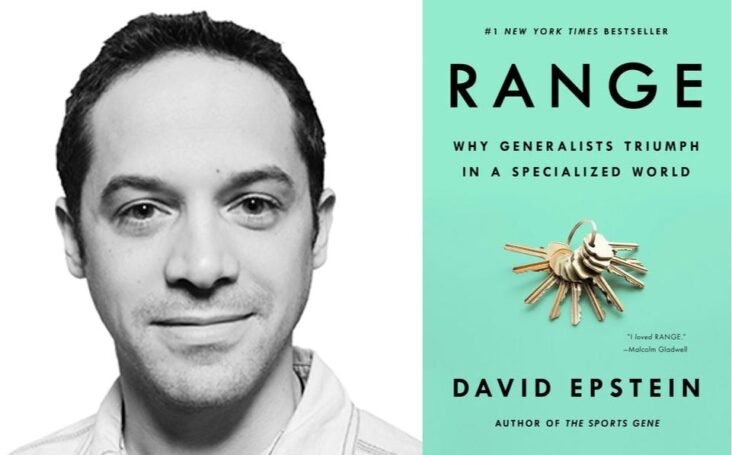
I recently watched David Epstein’s TED Talk on his book, “Range: Why Generalists Triumph in a Specialized World”, which challenges the long-held belief that specialization is the ultimate key to success. Epstein makes a compelling case that generalists excel by drawing on diverse experiences by adapting to new challenges in ways specialists cannot.
The Power of Sampling:
Epstein makes a comparison between Tiger Woods and Roger Federer. Woods epitomizes early specialization, groomed from age two to become a golf prodigy. However, Federer explored numerous sports before narrowing his focus on tennis—and still became one of the greatest players in history. Federer’s broader foundation highlights a key insight: “a circuitous path often builds more creative, agile thinkers who approach challenges with fresh perspectives.”
Epstein’s research reveals that Nobel laureates are significantly more likely than their peers to have hobbies like music or painting. These varied interests allow them to make novel connections, leading to breakthroughs that specialists might overlook.
Generalists in the Unpredictable Healthcare Industry
In fields like healthcare, technology, and business—Epstein calls “wicked environments”—generalists shine. Unlike “kind environments,” such as chess or golf, where patterns repeat and feedback is immediate, wicked environments are complex and unpredictable.
Epstein makes the conclusion that generalists are better equipped to navigate uncertainty, solve novel problems, and integrate knowledge across fields. As he writes, “The more constrained and repetitive a challenge, the more likely it will be automated, while great rewards will accrue to those who can take conceptual knowledge from one problem or domain and apply it in an entirely new one.”
The Importance of Match Quality:
Epstein also emphasizes “match quality,” – the alignment between an individual’s abilities and their work. While early specializers may start fast, they’re more likely to change careers later in life. Conversely, those who sample widely before committing tend to find greater satisfaction and long-term success. Experimentation is vital for discovering one’s strengths and interests.
Why Generalists Matter:
Generalists excel at drawing connections between seemingly unrelated ideas. Epstein highlights a 3M scientist who developed a revolutionary material by mimicking the iridescent wings of a butterfly. This ability to think across disciplines is becoming increasingly valuable in an era where specialization often leads to silos and missed opportunities.
Epstein’s Key Takeaway: In a world driven by automation and rapid change, those who think broadly, adapt quickly, and connect the dots others fail to see will thrive. Whether in healthcare, business, technology, or creative pursuits, generalists are uniquely positioned to lead. @David Epstein, @Harvard Business Review, @McKinsey & Company, @World Economic Forum, @Forbes, #Generalists, #FutureOfWork, #Innovation, #CareerDevelopment, #Adaptability
Reference: Epstein, David. Range: Why Generalists Triumph in a Specialized World. 2019.